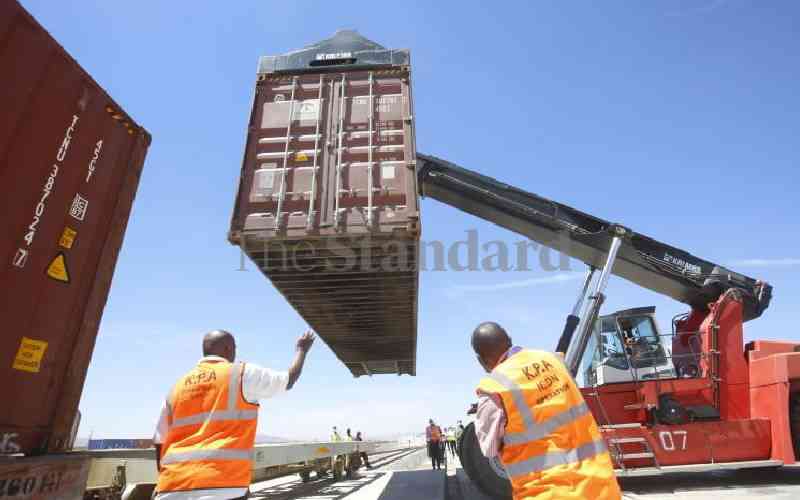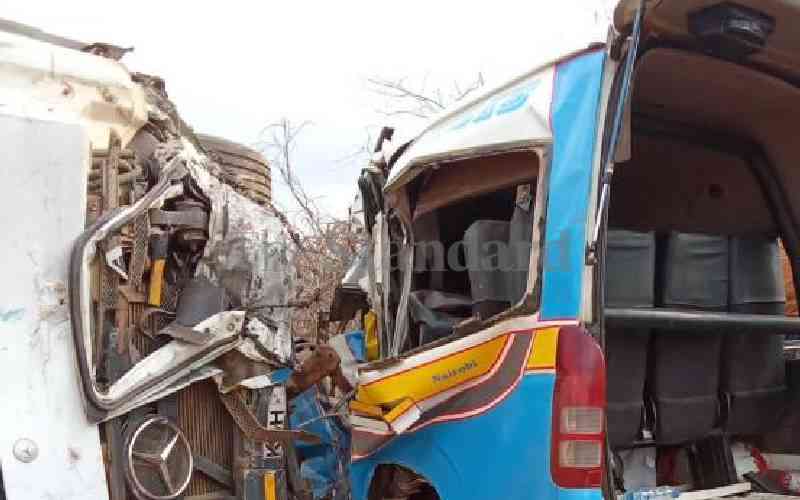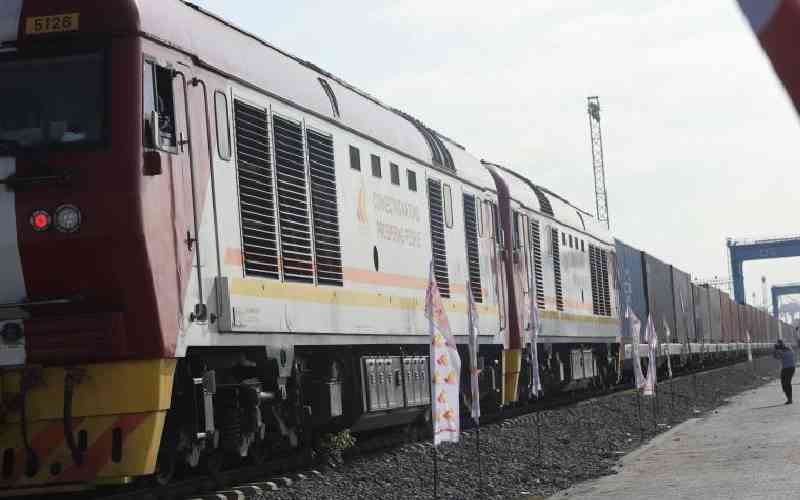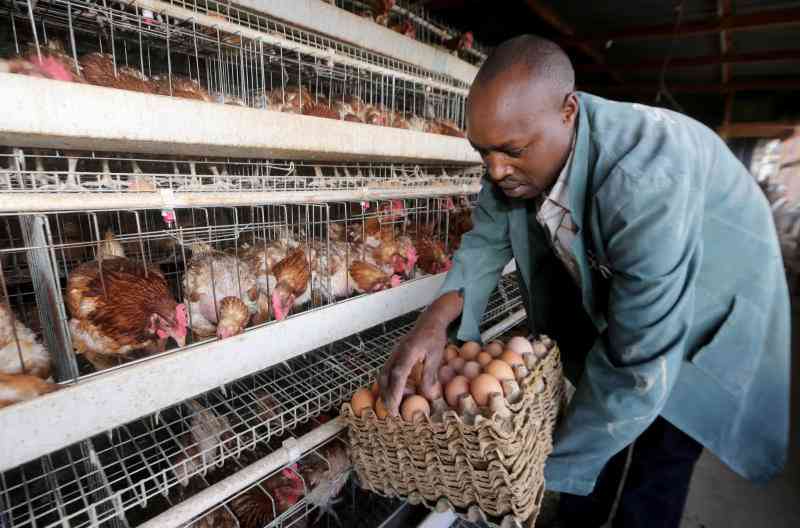NAIROBI: A financial windfall is wafting over land earmarked for the Standard Gauge Railway line from Mombasa to Nairobi. Property owners are currently receiving compensation for the compulsory acquisition of their land to pave way for the railway line.
The windfall is welcome news for most of those who own land in places earmarked for the railway line. In an era dominated by harsh economic times and declining fortunes, the ability to cash in on a portion of their land is good news.
It presents an opportunity to convert the unexpected bonanza into a productive and income-generating venture. But the problem is that most of the recipients are seeing the kind of money they have only dreamt about.
One farmer, for instance, received Sh27 million. The saying about God making man and money making man mad could come true in this instance. When you give this kind of money to people who are not prepared psychologically to deal with the 'madness' that comes with money, the government could be setting up a definite date with insanity for a big chunk of our population.
Did the State educate or conduct seminars on prudent financial management before the programme started?
We didn't hear of any, but doling out huge sums of cash without sound financial advice on what to do with the windfall for unexpected multimillionaires is a recipe for a tragic ending.
The farmer in question now resides at a hotel where he pays Sh10,000 per night as he ponders his next move. It sounds extravagant but he can afford it, for now at least.
In a few months, he could show up broke and shattered. Hundreds of recipients of the Sh3 billion SGR jackpot will find themselves at the mercy of human vultures, con artists and prostitutes who have descended on the small towns dotting MacKinnon road to Emali as the payments are made.
The Government has done the right thing by ensuring land owners are compensated. But it has failed in one important aspect, to prepare the recipients for the windfall and the life after.
It turns out some of the recipients have no plans on what to do with the money. A few have been smart enough to buy new property away from the rail line or have moved away to start new life elsewhere.
The majority, however, have fallen prey to relatives, friends, sex workers and con artists out to smooth talk their way into their pockets.
Clearly, the Government has not learnt from past lessons. When Samburu tribesmen in Dol-Dol were compensated for injuries sustained from bombs left behind by training British troopers, many spent their windfall on lavish items that did little to empower them economically.
Some 238 Maasai and Samburu victims received $7m (Sh630 million) in out of court settlement with the British Army in October 2000. Some purchased mobile phones in areas where there was no network. Others married more wives.
Years later, many of them were back where they originally belonged, poor and destitute after squandering the cash.
We fear this tragedy maybe replayed. There is need to equip recipients with the skills they need to invest their new-found wealth.
Stay informed. Subscribe to our newsletter
 The Standard Group Plc is a
multi-media organization with investments in media platforms spanning newspaper
print operations, television, radio broadcasting, digital and online services. The
Standard Group is recognized as a leading multi-media house in Kenya with a key
influence in matters of national and international interest.
The Standard Group Plc is a
multi-media organization with investments in media platforms spanning newspaper
print operations, television, radio broadcasting, digital and online services. The
Standard Group is recognized as a leading multi-media house in Kenya with a key
influence in matters of national and international interest.
 The Standard Group Plc is a
multi-media organization with investments in media platforms spanning newspaper
print operations, television, radio broadcasting, digital and online services. The
Standard Group is recognized as a leading multi-media house in Kenya with a key
influence in matters of national and international interest.
The Standard Group Plc is a
multi-media organization with investments in media platforms spanning newspaper
print operations, television, radio broadcasting, digital and online services. The
Standard Group is recognized as a leading multi-media house in Kenya with a key
influence in matters of national and international interest.








